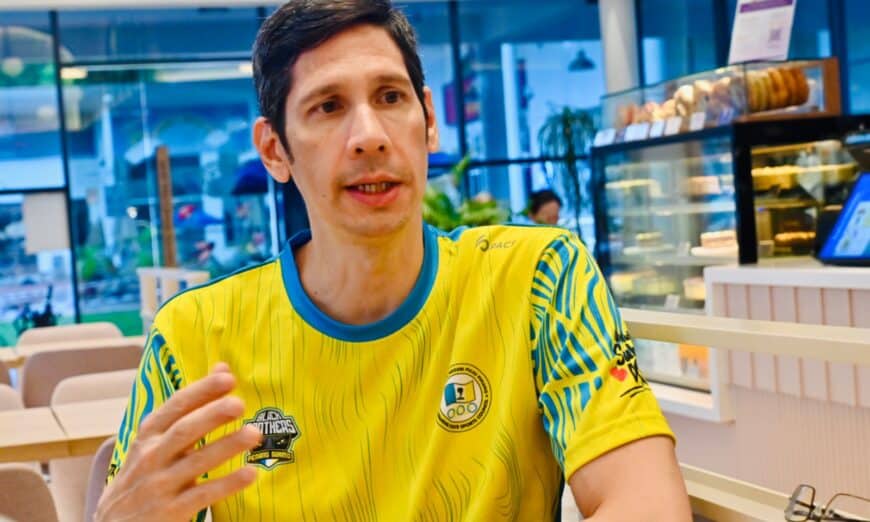A SKINNY 15-year-old boy from Penang stands on the starting blocks of an outside lane before the start of the men’s 400m freestyle final at the 1987 South East Asian (SEA) Games, held at Jakarta’s Senayan Swimming Stadium. The outermost lanes are typically assigned to swimmers with the slowest qualifying times, and, at just 15 years old, Jeffrey Ong Kuan Seng is hardly considered a contender against his other more established rivals. But as the starting gun goes off, Jeffrey swims the race of his life, stunning everyone — including himself — as he clinches the gold medal and breaks the SEA Games record with a time of 4:05.21.
This unexpected victory catapulted Jeffrey, of Malaysian-British heritage, into the spotlight. Despite this, Jeffrey stayed grounded and went on to secure his second gold medal by winning the 1,500m freestyle in 16:14.08.
“Nobody expected this boy from the outside lane to win,” Jeffrey, now 52, shared with Buletin Mutiara during his recent homecoming to receive the Darjah Johan Negeri (DJN) award, conferred upon him by Yang di-Pertua Negeri Pulau Pinang, Tun Ahmad Fuzi Abdul Razak.
“My goal was to try to get on the podium, though I wasn’t sure if my nerves would affect me on the day. Somehow, I swam a perfect race. That first gold was the most memorable for me because it was my debut representing Malaysia in open competition.
“The 400m victory gave me the confidence to excel in the 1,500m. Both golds are memorable, but the first gold you win at the SEA Games is always the most special. Before that, nobody knew who I was.”
Jeffrey was in for another major surprise the following year. After his two gold medals at the SEA Games, he was selected to represent Malaysia at the Asian Swimming Championships in Guangzhou, China, in 1988. There, he earned two silver medals in the 400m freestyle and 1,500m freestyle, finishing just behind Chinese swimmer Wang Dali.
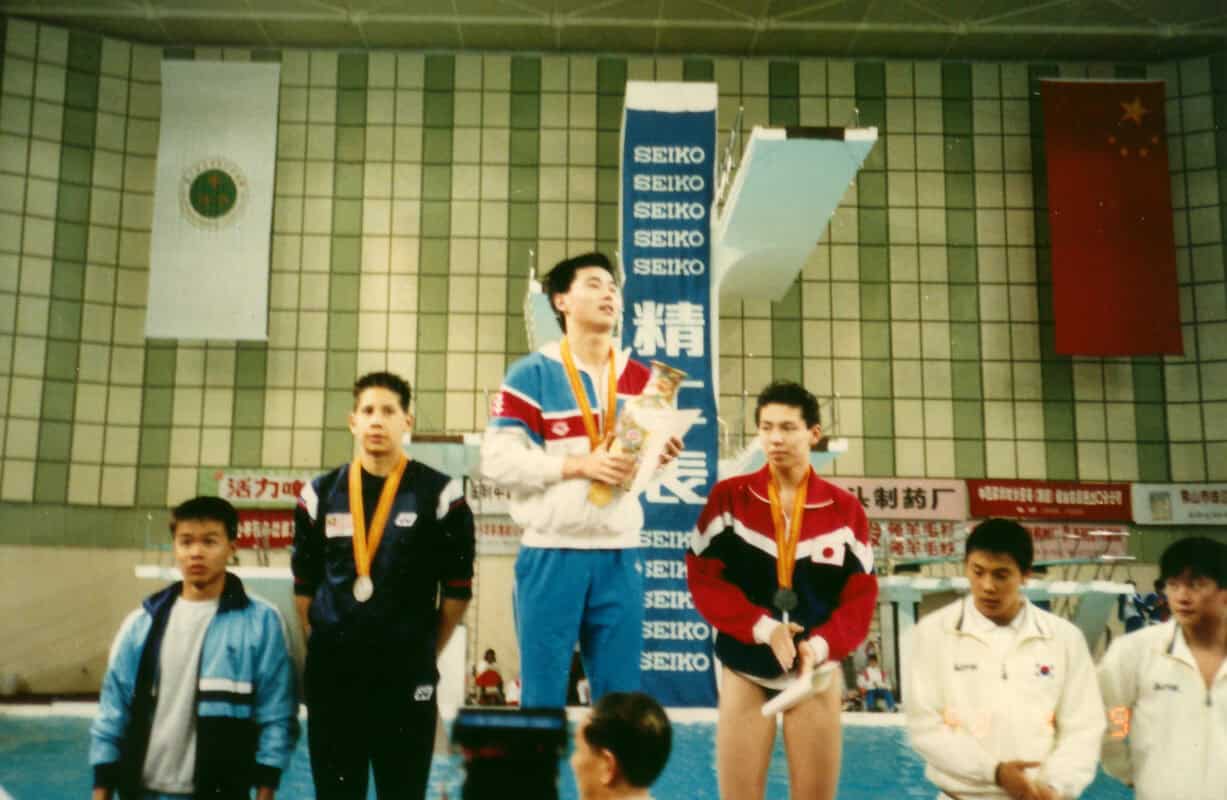
“I thought, ‘Wow! From being the best in Southeast Asia, I’m now the second best in Asia — this was a huge leap!’ Then, out of the blue, I got a message from the Olympic Council of Malaysia: ‘Congratulations! You’re going to the Olympics!’
“And there I was, at the age of 16, at my first Olympic Games, in Seoul in 1988. It was an incredible and unforgettable experience, especially marching into the stadium during the opening ceremony, hearing the announcer say: ‘The Contingent from Malaysia!’ with 72,000 people cheering and billions more watching around the world. Chills ran down my spine, and I will never forget that moment.”
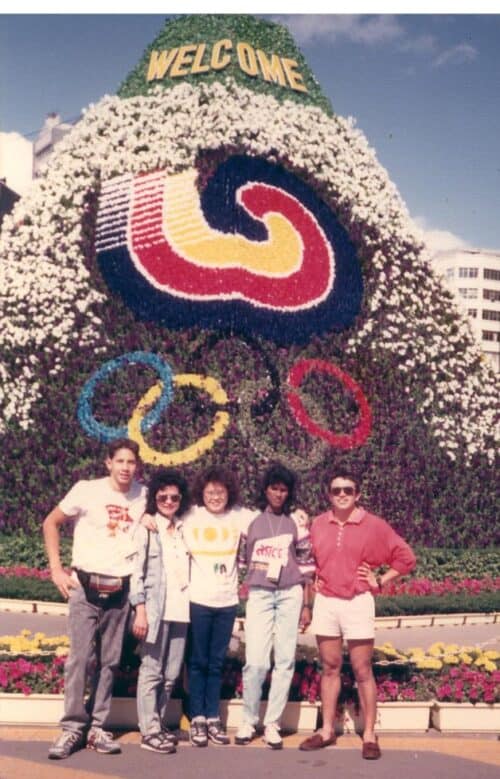
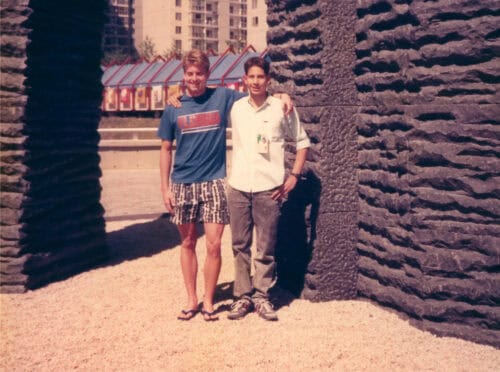
After the Seoul Olympics, Jeffrey’s winning streak continued. He secured two gold medals in the same events at the 1989 SEA Games in Kuala Lumpur, as well as a silver medal in the 1,500m freestyle at the 1990 Asian Games in Beijing.
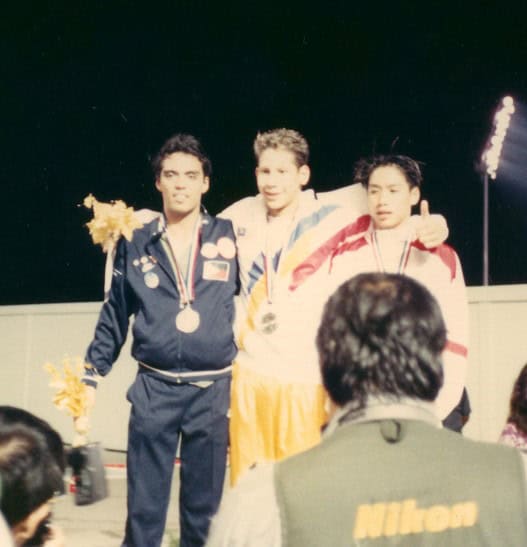
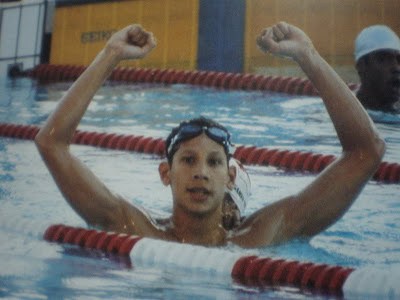
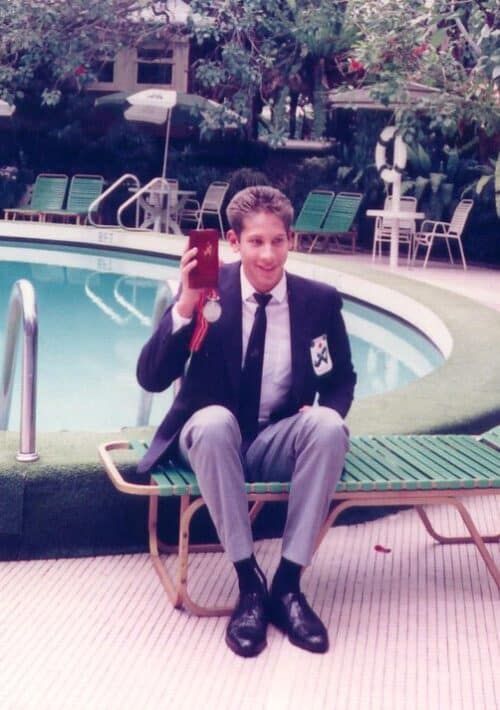
In 1991, while studying at the University of Southern California, Jeffrey was selected to represent Malaysia at the World University Games in Sheffield, England. There, he won a silver medal in the 1,500m freestyle, setting a new Malaysian and Asian record of 15 minutes and 23.61 seconds.
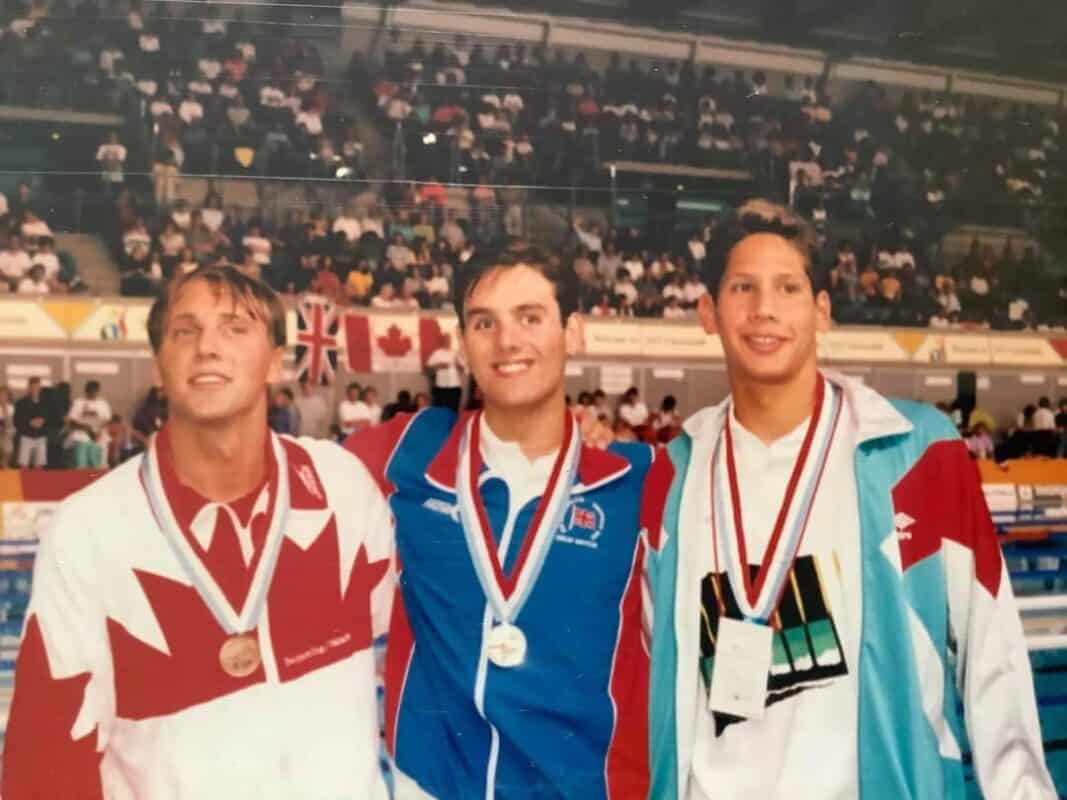
“It was memorable for several reasons. Apart from winning a silver medal and setting a national record, it was also an Asian record, as well as the 14th fastest time in the world.
“Another special memory is that I achieved this in Sheffield, with my family there to watch. Many Malaysians who were studying in Sheffield also came to support me. Seeing Malaysian flags waving in the crowd and having my family present made it an incredibly proud moment.”
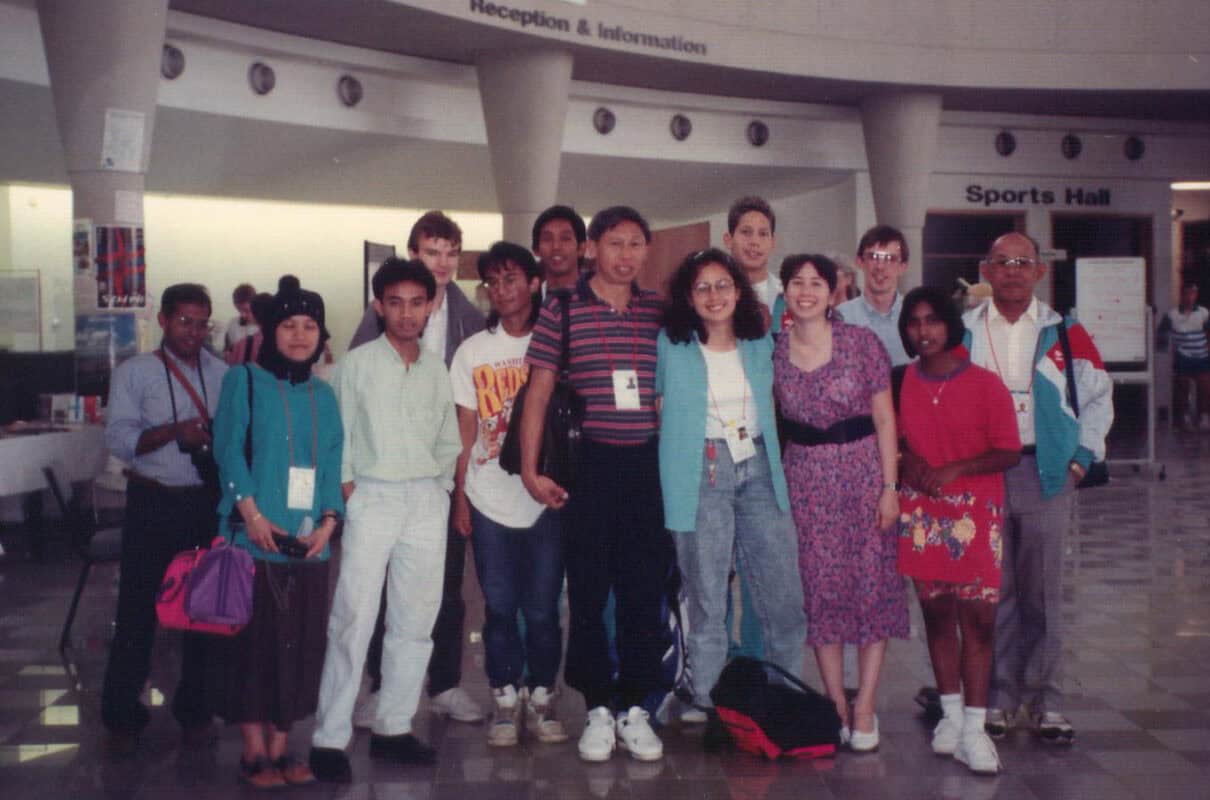
Coincidentally, Sheffield is where Jeffrey’s elder sister, Katerina, settled after studying at university there. Six years his senior, Katerina was a star in her own right, excelling in swimming and winning numerous accolades, including being named the 1980 Malaysian Sportswoman of the Year.
Cheering Jeffrey on in Sheffield were his parents, Ong Eng Kooi and Rosemary; as well as his younger sister, Angelia, who was also studying in Sheffield at the time. Jeff also has an older brother, Steven, the eldest of the four siblings.
Jeffrey’s record of 15:23.61 for the 1,500m, set in a 50m long-course pool in Sheffield in 1991, stood for 32 years until Steve Khiew Hoe Yean broke it in December 2023. Then, in October this year, his long-standing 1,500m short course (25m pool) record of 15:27.05, set in 1989, was surpassed by teenage sensation Mohd Dhuha Zulkifry, who clocked 14:59.80 at his World Cup debut in Shanghai, China.
“I actually thought my records would be broken sooner as swimmers were getting faster and faster. When they remained unbroken for so long, I started to think that no one would surpass them.
“Although at first I did feel a bit sad when my long-course record was broken last year, I was glad to see it happen – finally!
“It shows Malaysian swimming is progressing, which is great for the sport, as Steve and Dhuha will hopefully continue to break more national records.”
During his time as a national swimmer, Jeffrey held an impressive five Malaysian records — in the 200m, 400m, 800m, and 1,500m freestyle, as well as the 400m Individual Medley (IM) — making him the standout Malaysian male swimmer of that era. Jeffrey’s accomplishments earned him the 1988 Malaysian Sportsman of the Year award.
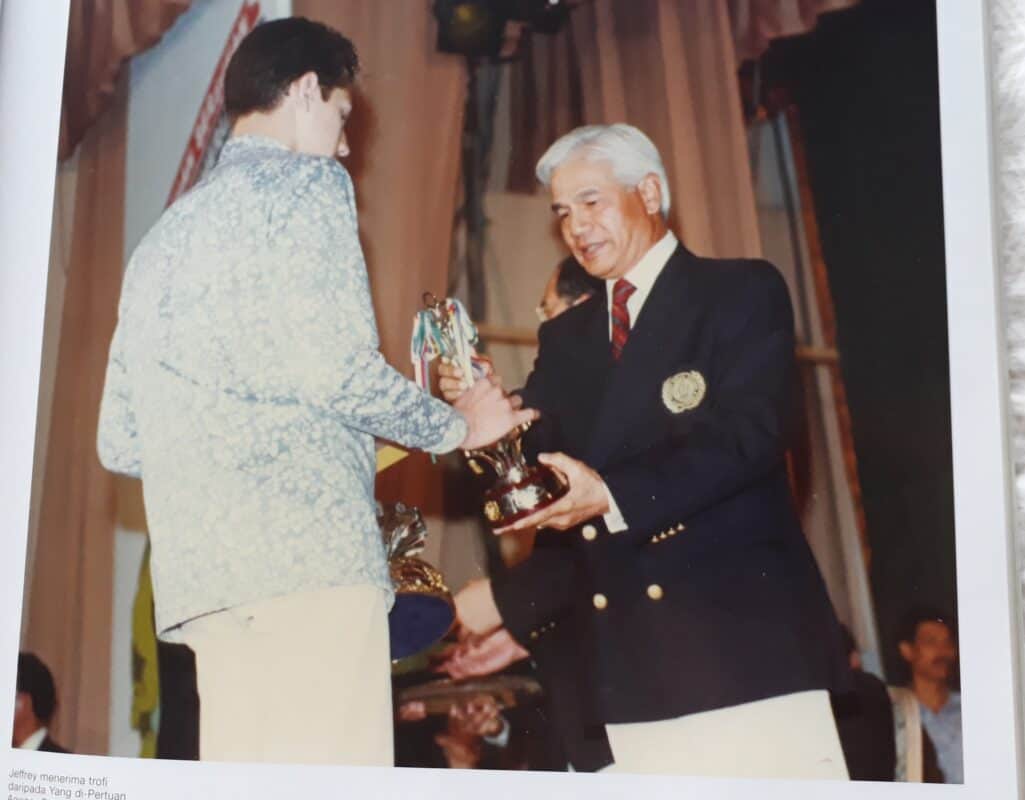
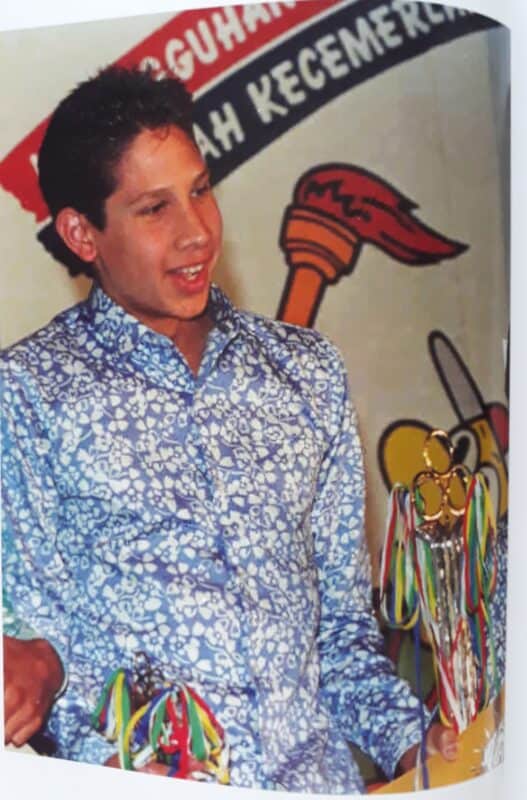
When asked what’s the secret to his success, Jeffrey says “There’s no magic formula. It’s all about hard work, determination, patience, and discipline. I think mindset is the most important element — I believe it’s all about having a growth mindset.
“By ‘growth mindset,’ I mean setting small, achievable goals. It’s like kaizen, the Japanese philosophy of making small improvements over time, which can add up to substantial results in the future.
“You can’t expect overnight success; patience is key. There will be ups and downs — the lows can be especially tough. I’ve tried to keep a balance, taking both the highs and the lows in stride. As the English say, ‘Take the rough with the smooth!’
Reflecting on Jeffrey’s and his siblings’ dedication during their early years, I vividly recall how self-motivated they were. Their routine was rigorous yet enjoyable — waking up early for two hours of morning training from 5am to 7am, followed by a quick breakfast in the car as their mother or father drove them to school. After returning home to have lunch and do their homework, they would head out again for another two-hour evening training session from 5pm to 7pm, as well as an hour of gym or dryland training, before coming back for dinner and then soon to bed.
I remember Jeffrey’s parents as being humble, kind, and steadfastly supportive, always present at numerous age-group meets in Penang and across other states.
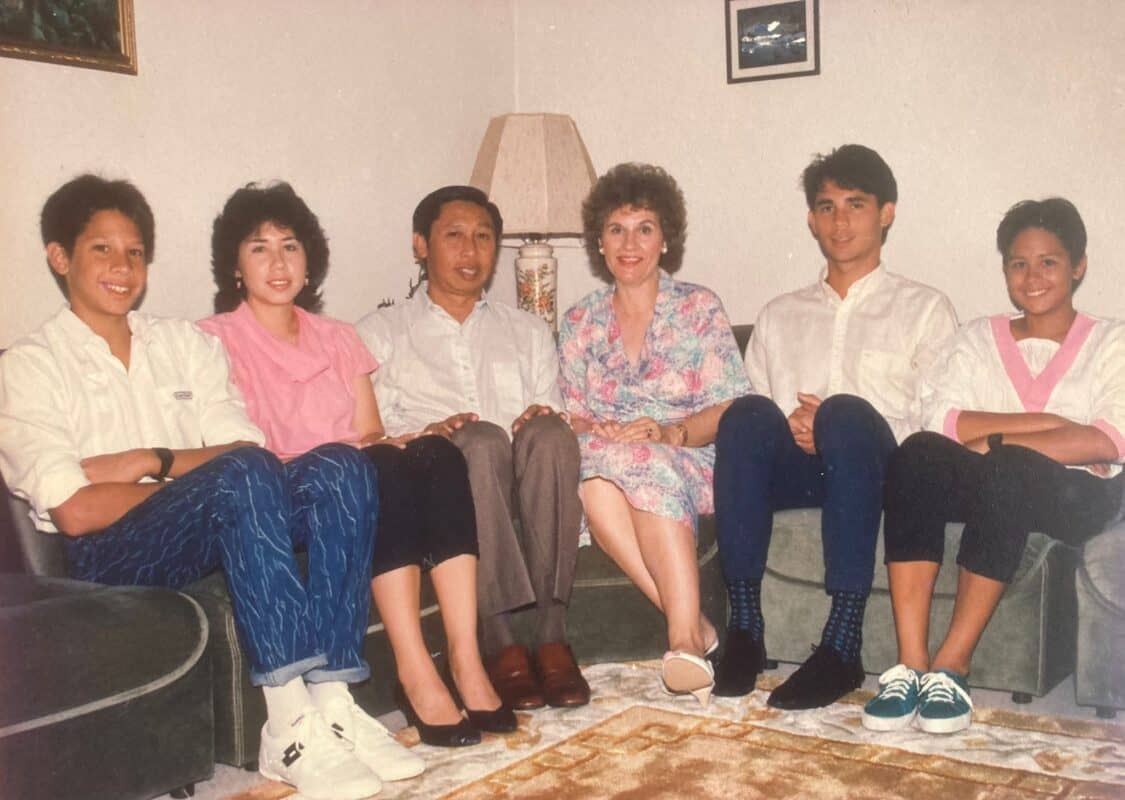
“My parents were wonderful role models,” Jeffrey shared. “They were willing to sacrifice for us to have a good swimming career. They encouraged us to aim high and do our best without ever pushing us or pressuring us. Even if we didn’t perform well, they didn’t scold us — they encouraged us to keep going. When I became successful at the SEA Games and other major events, they helped keep me grounded.
“To them, I was still their son, the same young boy who left for boarding school at 13. They didn’t treat me differently just because I won a gold medal or was named Sportsman of the Year. I appreciated that balance — it allowed me to dream big while staying grounded. I’m incredibly grateful to them. My brother and sisters also inspired me.”
After graduating with a degree in broadcast journalism, Jeffrey secured his first full-time job with TV3, where he worked as a journalist covering news and current affairs. He also co-hosted Malaysia’s first information technology television programme, Cyberwave.
After seven years in the media industry, Jeffrey moved to London in 2002 and worked in the events industry for 14 years, helping to organise conferences and business events around the world.
In February 2016, Jeffrey decided to return to Malaysia to work with a sports marketing company based in Kuala Lumpur.
After three years in sports marketing, Jeffrey transitioned into human capital development in early 2020.
His current role involves facilitating workshops and training programmes for corporate clients.
“From journalism to sports events, to sports marketing, and now to human capital development, my career has taken me on an interesting journey. But the common thread is clear — it’s all about human connection,” Jeffrey explained.
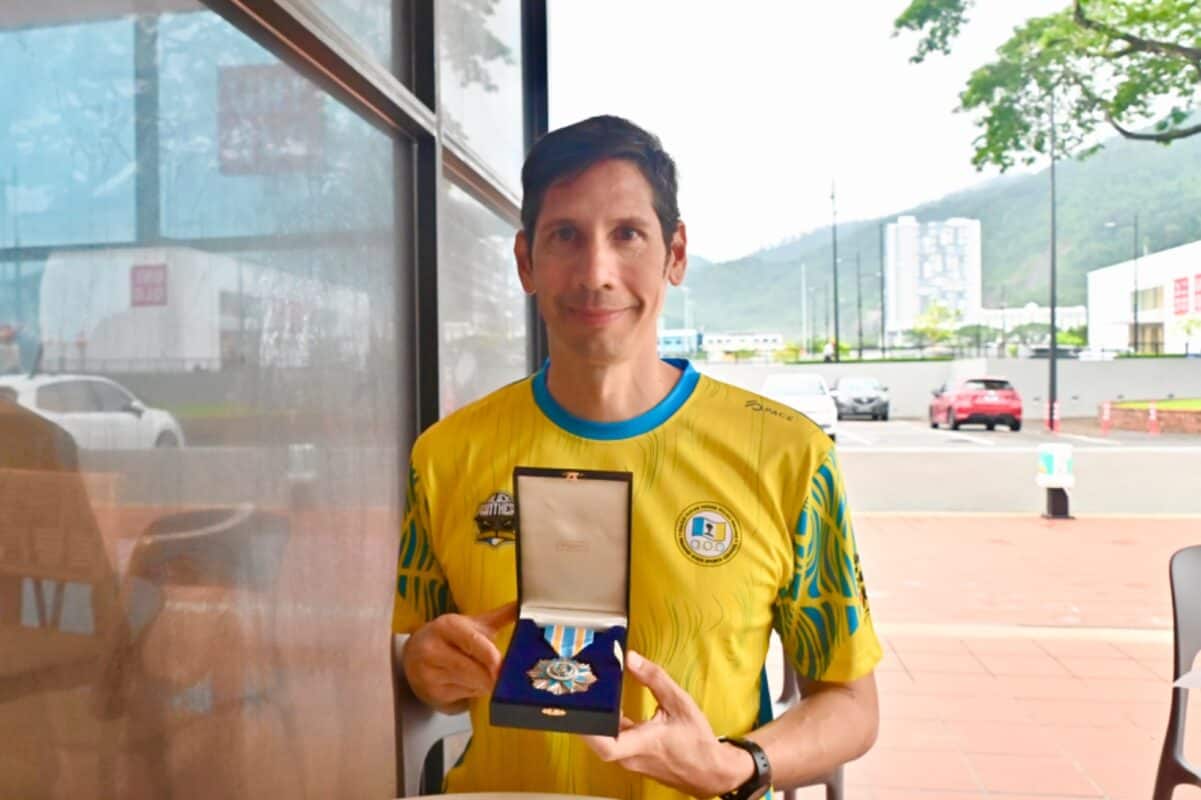
During the interview, Jeffrey proudly displayed the DJN award he received.
“It’s an honour to be recognised, and I would like to thank the Penang government and the Governor for this award,” he said.
“I’m truly honoured and proud to receive this award, especially since I stopped swimming for Malaysia 30 years ago. It’s nice to be recognised and appreciated, and I really didn’t expect this honour. It’s very kind of the Penang state government and the Governor to remember me after all these years.”
“I’m a Penang boy, born and raised. Whenever people ask where I’m from, I always say Penang. I suppose ‘You can take the boy out of Penang, but you can’t take ‘Penang’ out of the boy!’
“I’ve always felt a close connection to Penang, even though I’ve lived away from here for so long. Wherever I go, I feel as though I’m an ambassador for Penang. I hope in some way, I’ve also been able to inspire some of the younger generations of Malaysians and fellow Penangites to follow their sporting dreams.”
Story by K.H. Ong
Pix by Law Suun Ting and courtesy of Jeffrey Ong

